CYBER SECURITY Simulation of human intelligence Practice of securing a computer network from intruders Protects the integrity and privacy of data Focuses on keeping software and devices free of threats
ABOUT THE DEPARTMENT
The Cyber Security Department plays a crucial role in equipping students with the skills and knowledge necessary to protect digital information and infrastructure. This department offers a comprehensive curriculum that includes courses in network security, cryptography, ethical hacking, and cyber law. With state-of-the-art laboratories, students gain hands-on experience in detecting, preventing, and mitigating cyber threats. Regular workshops, seminars, and hackathons are organized to keep students updated on the latest trends and technologies in cyber security. The department also encourages research and innovation, enabling students to contribute to the field’s body of knowledge. Graduates are well-prepared for careers in various sectors, including government agencies, private corporations, and non-profits. Overall, the Cyber Security Department is dedicated to producing skilled professionals who can safeguard digital ecosystems in an increasingly connected world.
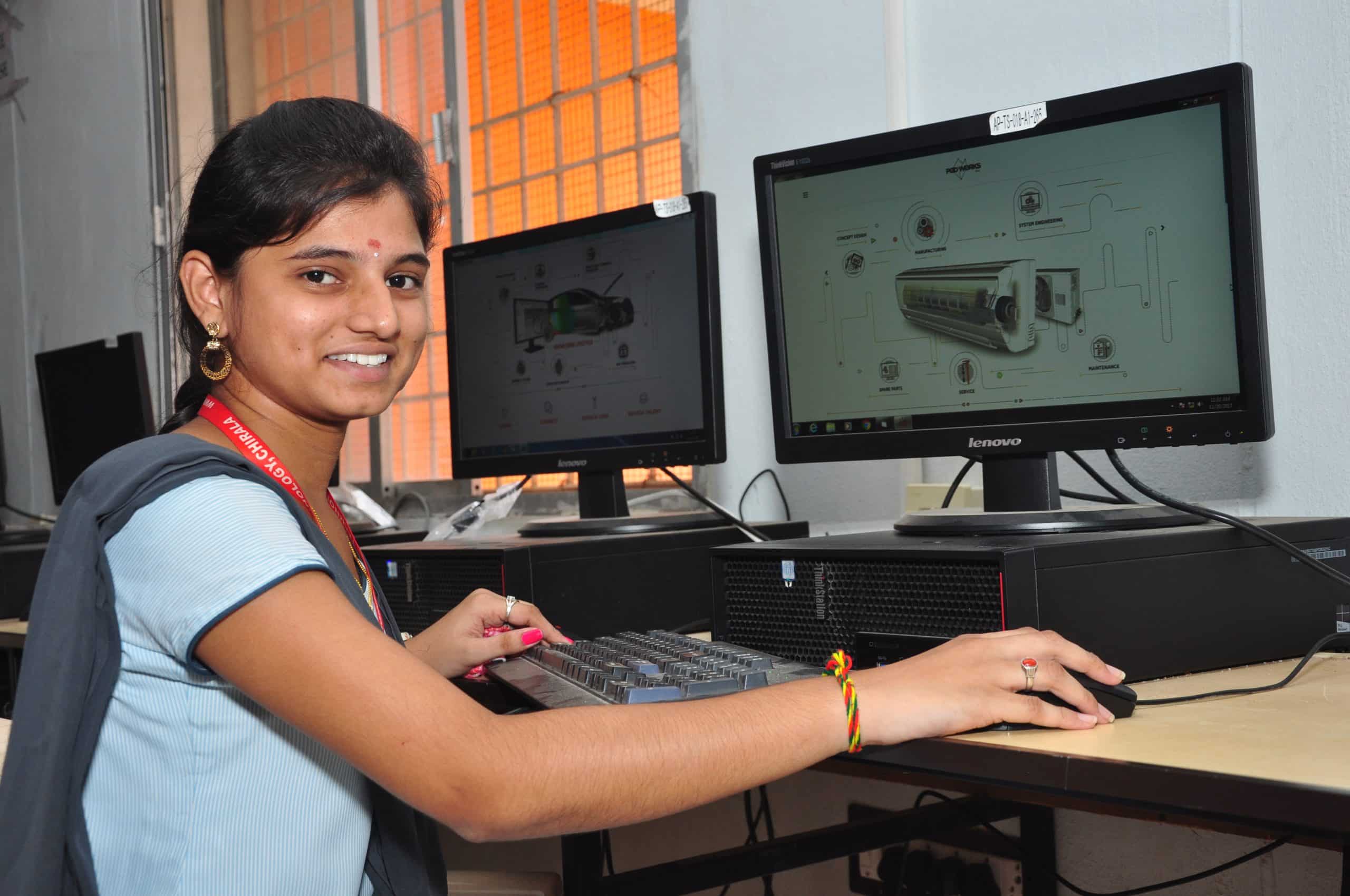
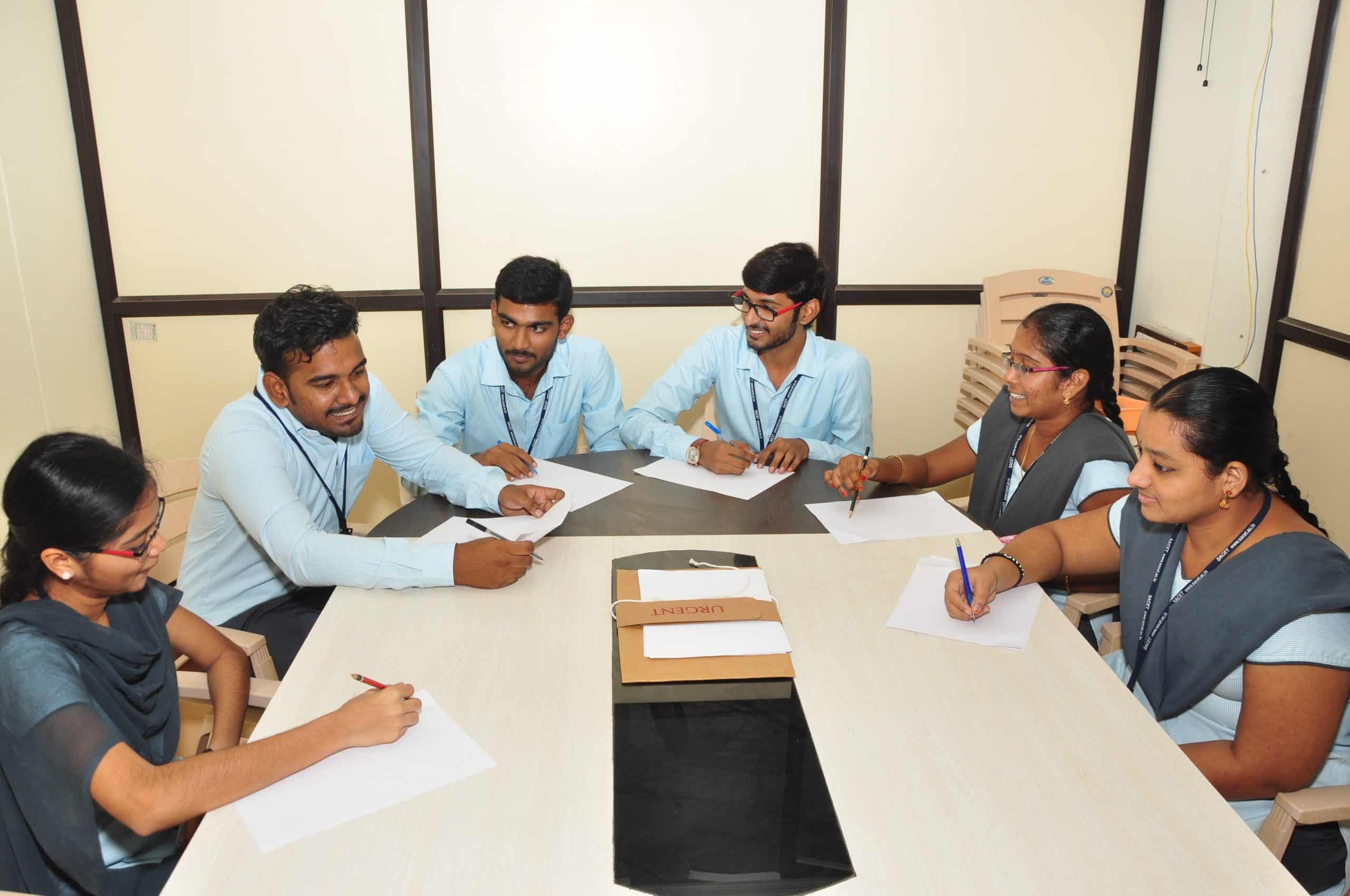
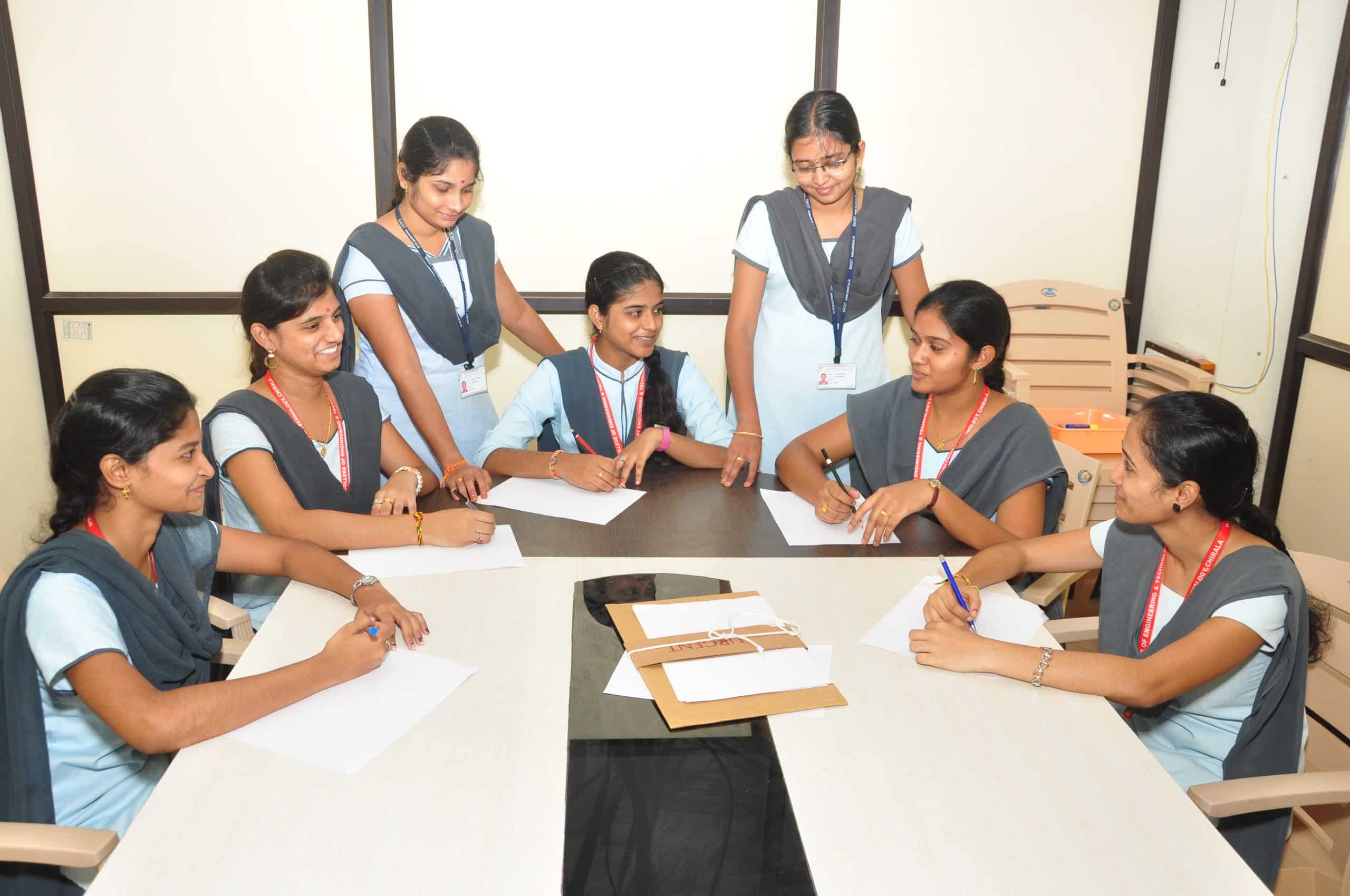
ABOUT HEAD OF THE DEPARTMENT
Dr. Ramesh Makala
is currently a Professor in the Computer Science and Engineering – Cyber Security Department, A dedicated educator and practitioner in computer science and engineering, Dr. Ramesh has extensive experience in academics, and research. He has implemented Design Thinking Methodology in various experimental subjects. His research interests include Information Security, Image Processing, Machine Learning, Cloud Computing, and pedagogy in engineering, and he has contributed a paper on pedagogy called “Students Teams Achievements Division”.
Dr. Ramesh has published 25 well-researched scholarly papers in national and international journals and conferences, guided 5 Ph.D. scholars from Acharya Nagarjuna University, and supervised 10 M.Tech dissertations. He is currently guiding 3 Ph.D. scholars and regularly mentors B.Tech students on their projects. He has chaired several international conferences and served as the Board of Studies member for Computer Science and Engineering for UG and PG courses. Notably, he received the Best Paper Award at the International Conference on Innovative Computing and Management Science (ICMS 2019) held at Hotel MYSTAYSiN Osaka Conference Center, Osaka, Japan, from July 19-22, 2019.
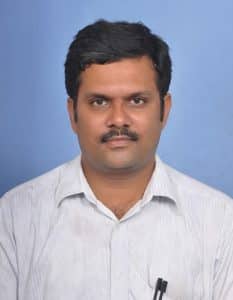
VISION
To accomplish the aspirations of emerging engineers to attain global intelligence by obtaining computing and
design abilities through communication that elevate them to meet the needs of industry, economy, society,
environment and global.
MISSION
- To mould the fresh minds into highly competent IoT application developers by enhancing their knowledge
and skills in diverse hardware and software design aspects for covering technologies and multidisciplinary engineering practices. - To provide the sate- of- the art facilities to forge the students in industry-ready IoT system development.
- To nurture the sense of creativity and innovation to adopt the socio-economic related activities.
- To promote collaboration with the reputed industries to have the best careers.
- To enable graduates to emerge as independent entrepreneurs and future leaders

SACET makes students to improve their Knowledge in the Other Technical courses and in part of that introduced CYBER SECURITY.

One click away to Secure., SACET will build th,e people to make system to be in secured area and been Responsibility
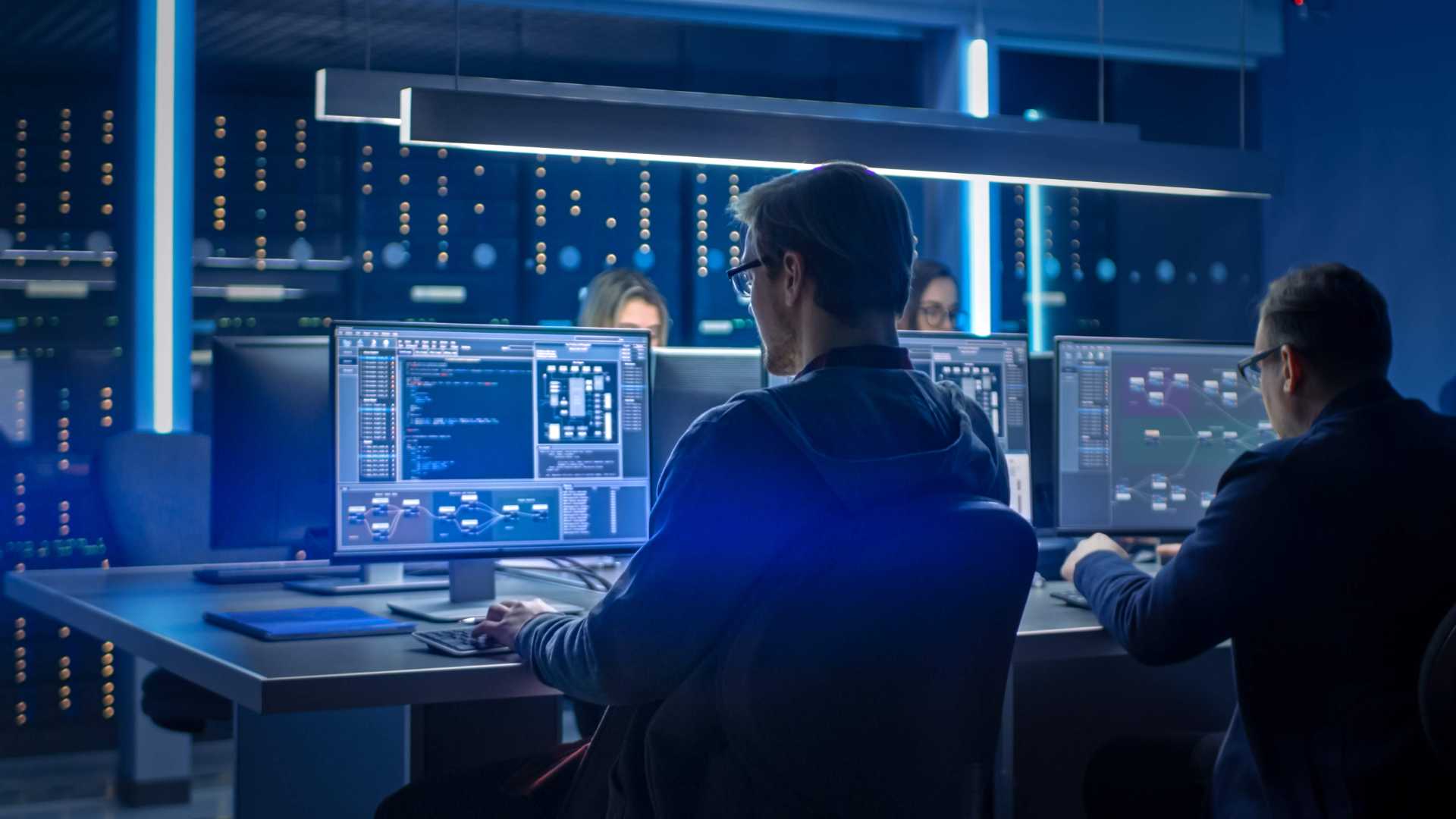
SACET been a part in Students Security also. Keen monitoring at every level and makes the students immense secured.
- Program Educational Objectives (PEOs)
- Program Outcomes (POs)
- Program Specific Outcomes (PSOs)
- BOS
PEO-2: To engage the engineering professionals in technology development, deployment and engineering system implementation.
PEO-3: To instil professional ethics, values, social awareness and responsibility to emerging technology leaders.
PEO-4: To provide the technocrats with an amicable environment for the successful pursuing of engineering and management.
PEO-5: To create the right path to pursue their careers in teaching, research and innovation.
PO2: Problem analysis: Identity, formulate, review research literature, and analyze complex engineering problems reaching substantiated conclusions using first principles of mathematics, natural sciences, and engineering sciences.
PO3: Design/development of solutions: Design solutions for complex engineering problems and design system components or processes that meet the specified needs with appropriate consideration for public health and safety, and the cultural, societal, and environmental considerations.
PO4: Conduct investigations of complex problems: Use research-based knowledge and research methods including design of experiments, analysis and interpretation of data, and synthesis of the information to provide valid conclusions.
PO5: Modern tool usage: Create, select, and apply appropriate techniques, resources, and modern engineering and IT tools including prediction and modelling to complex engineering activities with an understanding of the limitations.
PO6: The engineer and society: Apply reasoning informed by the contextual knowledge to assess societal, health, safety, legal and cultural issues and the consequent responsibilities relevant to the professional engineering practice.
PO7: Environment and sustainability: Understand the impact of the professional engineering solutions in societal and environmental contexts, and demonstrate the knowledge of, and need for sustainable development.
PO8: Ethics: Apply ethical principles and commit to professional ethics and responsibilities and norms of the engineering practice.
PO9: Individual and teamwork: Function effectively as an individual, and as a member or leader in diverse teams, and in multidisciplinary settings.
PO10: Communication:Communicate effectively on complex engineering activities with the engineering community and with society at large, such as being able to comprehend and write effective reports and design documentation, make effective presentations, and give and receive clear instructions.
PO11: Project management and finance: Demonstrate knowledge and understanding of the engineering and management principles and apply these to one's work, as a member and leader in a team, to manage projects and in multidisciplinary environments.
PO12: Life-long learning: Recognize the need for, and have the preparation and ability to engage in independent and life-long learning in the broadest context of technological change.
PSO-2: Apply cutting-edge techniques and tools of sensing and computation to solve multi-disciplinary challenges in industry and society.
PSO-3: Exhibit independent and collaborative research with strategic planning while demonstrating professional and ethical responsibilities of the engineering profession.
FACULTY
| S.NO. | Name of the Faculty | Designation | Nature of Association | Highest Qualification | FACULTY LEVEL | Date of Joining |
| 1 | Dr MAKALA RAMESH | Professor & HOD | Regular | Ph. D. | UG | 27-03-2024 |
| 2 | MADDALA LAKSHMI BAI | Associate Professor | Regular | M.Tech. | UG | 01-05-2023 |
| 3 | MAMIDALA NAGA PADMAJA | Assistant Professor | Regular | M.Tech. | UG | 01-06-2024 |
| 4 | KAVYA ADIKA | Assistant Professor | Regular | M.Tech. | UG | 01-12-2020 |
| 5 | KAGITHA RATNA | Assistant Professor | Regular | UG | 01-06-2024 | |
| 6 | IMADABATHUNI PAVANI | Assistant Professor | Regular | M.Tech. | UG | 01-06-2024 |
| 7 | TAGALLAMUDI NIRUPAMA | Assistant Professor | Regular | M.Tech. | UG | 01-06-2024 |
| 8 | SHAIK SALEEM MALIK | Assistant Professor | Regular | M.Tech. | UG | 01-06-2024 |
| 9 | ANNAVARAPU VINOD KUMAR | Assistant Professor | Regular | M.Tech. | UG | 07-07-2025 |

